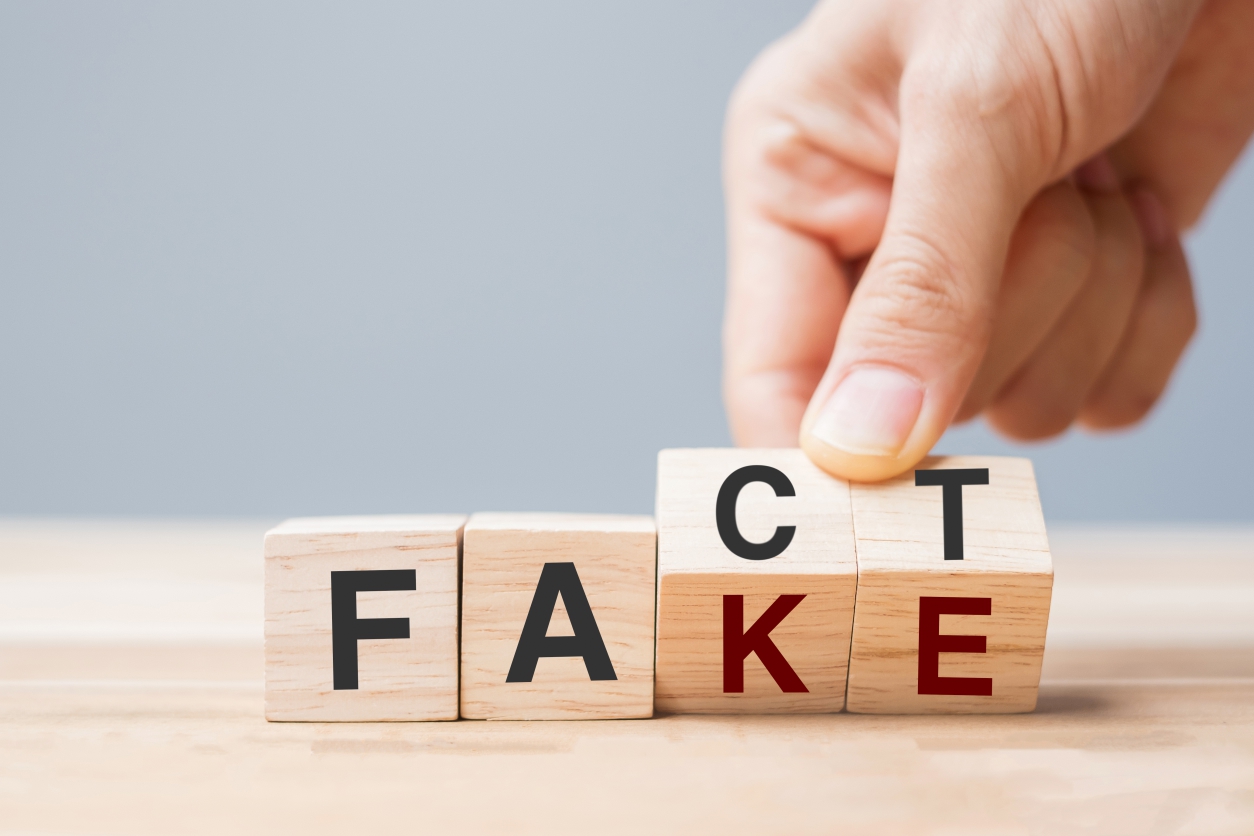The Truth About Pool Myths: Common Misconceptions Debunked

Owning a pool comes with plenty of advice - some of it helpful, some of it completely wrong. Over the years, pool care myths have spread, leading to unnecessary chemical use, wasted time, and even safety risks. Whether it's the idea that chlorine alone keeps a pool clean or the belief that a clear pool is always a safe pool, misconceptions can make maintenance harder than it needs to be. It's time to separate fact from fiction and debunk some of the most common pool myths.
Myth #1: The Stronger the Chlorine Smell, the Cleaner the Pool
One of the biggest misconceptions is that a strong chlorine smell means the pool is full of sanitizer and properly disinfected. In reality, that strong odor comes from chloramines, which are formed when chlorine binds with contaminants like sweat, body oils, and urine. When chloramines build up, the pool needs more chlorine, not less.
A well-balanced pool with the right chlorine levels has little to no odor. If your pool smells strongly of chlorine, it's a sign that shocking the water is needed to break down chloramines and restore proper sanitation.
Myth #2: Clear Water Means a Safe and Clean Pool
While cloudy or green water is an obvious problem, clear water doesn't always mean the pool is safe. Bacteria and viruses are microscopic, and without proper sanitizer levels, even the cleanest-looking water can harbor harmful microorganisms.
Regular testing is the only way to ensure that chlorine, pH, and other chemical levels are balanced. Relying solely on appearance can lead to hidden water quality issues that affect swimmer safety.
Myth #3: You Can't Get Sick from a Pool
Many assume that chlorine kills everything instantly, making pools completely safe from bacteria and viruses. While chlorine is highly effective, it takes time to work, and some contaminants, like cryptosporidium, are highly resistant to chlorine.
Maintaining proper free chlorine levels (1-3 ppm) and shocking the pool regularly significantly reduces the risk of illness. However, it's also important to promote good hygiene, such as showering before swimming and discouraging sick individuals from entering the pool.
Myth #4: Pool Water Doesn't Need to Be Tested Frequently
Some pool owners only test their water once a month or when a problem arises, but this reactive approach can lead to major chemical imbalances. Water chemistry is constantly changing due to weather, bather load, and evaporation.
The best practice is to test chlorine and pH at least twice a week and alkalinity, calcium hardness, and cyanuric acid every two weeks to a month. This proactive approach prevents expensive corrections later on.
Myth #5: Saltwater Pools Don't Need Chlorine
Many believe that saltwater pools are chlorine-free, but this isn't true. Saltwater pools generate chlorine through electrolysis, breaking down salt into chlorine gas, which then dissolves in the water.
While saltwater pools eliminate the need for manually adding chlorine, they still require proper maintenance, pH balancing, and occasional shocking.
Myth #6: More Chlorine Is Always Better
Over-chlorinating a pool doesn't necessarily make it cleaner. High chlorine levels can cause eye and skin irritation, damage pool equipment, and even make the water uncomfortable to swim in.
The key is balance. Keeping free chlorine between 1-3 ppm is enough to kill bacteria without unnecessary overdosing. If a problem arises, it's better to shock strategically rather than continuously adding excess chlorine.
Pool care is full of misinformation, but understanding the facts makes maintenance easier and more effective. By testing regularly, balancing chemicals properly, and recognizing that chlorine needs help from circulation and filtration, you can keep your pool safe and enjoyable without falling for common myths.
